Spanning over one thousand years, and three parallel stories, The Fountain is a story of love, death, spirituality, and the fragility of our existence in this world. The Fountain, directed […]
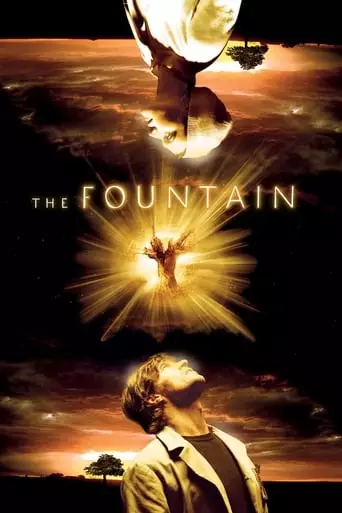
Spanning over one thousand years, and three parallel stories, The Fountain is a story of love, death, spirituality, and the fragility of our existence in this world. The Fountain, directed […]
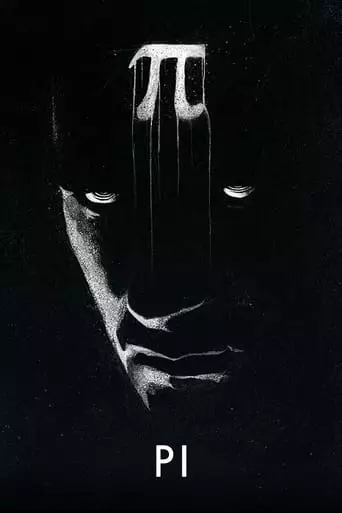
A mathematical genius discovers a link between numbers and reality, and thus believes he can predict the future. Pi, directed by Darren Aronofsky, is a psychological thriller that revolves around […]
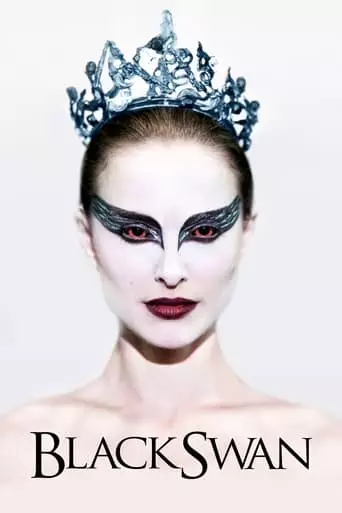
A journey through the psyche of a young ballerina whose starring role as the duplicitous swan queen turns out to be a part for which she becomes frighteningly perfect. Black […]
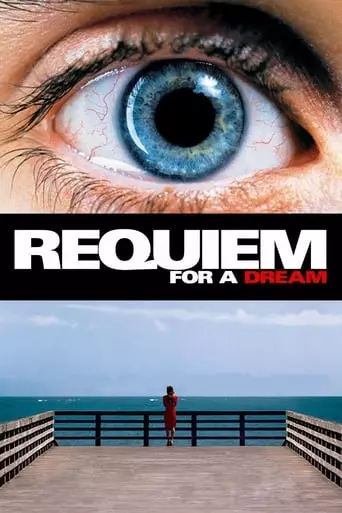
The hopes and dreams of four ambitious people are shattered when their drug addictions begin spiraling out of control. A look into addiction and how it overcomes the mind and […]

Aging wrestler Randy “The Ram” Robinson is long past his prime but still ready and rarin’ to go on the pro-wrestling circuit. After a particularly brutal beating, however, Randy hangs […]
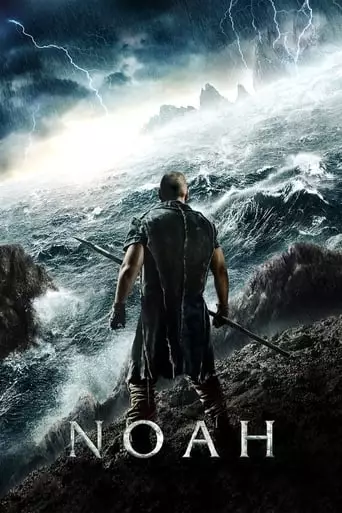
A man who suffers visions of an apocalyptic deluge takes measures to protect his family from the coming flood. In Noah (2014), directed by Darren Aronofsky, the biblical tale of […]
Darren Aronofsky: A Visionary Filmmaker of Obsession and Humanity
Darren Aronofsky is a filmmaker renowned for his daring, cerebral, and visually arresting storytelling. With a career spanning over two decades, Aronofsky has become one of the most distinctive voices in contemporary cinema, known for exploring themes of obsession, sacrifice, and the fragility of the human condition.
From his breakout indie film Pi (1998) to critically acclaimed works like Requiem for a Dream (2000), Black Swan (2010), and The Whale (2022), Aronofsky’s films are often intense, provocative, and deeply affecting.
Early Life and Education
Darren Aronofsky was born on February 12, 1969, in Brooklyn, New York. Raised in a culturally rich environment, he developed an early appreciation for art and storytelling. Aronofsky attended Harvard University, where he studied social anthropology and filmmaking. His senior thesis, a short film titled Supermarket Sweep, showcased his burgeoning talent and earned recognition at student film festivals.
Aronofsky further honed his craft at the American Film Institute Conservatory, where he developed his distinctive visual and narrative style.
Breakthrough: Pi (1998)
Aronofsky’s debut feature, Pi, was a low-budget psychological thriller that introduced audiences to his unique approach to filmmaking. The story of a mathematician obsessed with finding patterns in the universe, Pi combined existential themes with a frenetic visual style, including rapid cuts and a stark black-and-white aesthetic.
The film was a critical success, earning Aronofsky the Directing Award at the Sundance Film Festival and establishing him as a bold new voice in independent cinema.
Requiem for a Dream (2000): A Cinematic Gut Punch
Aronofsky’s second film, Requiem for a Dream, is a harrowing exploration of addiction and its devastating consequences. Based on Hubert Selby Jr.’s novel, the film weaves together the lives of four characters, each spiraling into despair.
The film’s innovative editing, including the use of rapid-fire montages and split screens, created a visceral viewing experience. Ellen Burstyn’s performance as a lonely mother addicted to diet pills earned her an Academy Award nomination, and the film became a cultural touchstone for its unflinching portrayal of addiction.
Experimental and Ambitious Projects
The Fountain (2006)
Aronofsky’s third film, The Fountain, is a visually stunning meditation on love, death, and the quest for immortality. Starring Hugh Jackman and Rachel Weisz, the film spans three timelines, blending science fiction, fantasy, and historical drama.
Though divisive upon release, The Fountain has since gained a cult following, with many praising its ambition and emotional resonance.
The Wrestler (2008)
In The Wrestler, Aronofsky shifted to a more grounded narrative, telling the story of Randy “The Ram” Robinson, a washed-up professional wrestler played by Mickey Rourke. The film was lauded for its raw authenticity and emotional depth, with Rourke delivering a career-defining performance.
The Wrestler won the Golden Lion at the Venice Film Festival and earned Rourke an Academy Award nomination, solidifying Aronofsky’s reputation as a director capable of eliciting extraordinary performances.
Black Swan (2010): A Career-Defining Masterpiece
Black Swan is one of Aronofsky’s most celebrated films, a psychological thriller set in the world of ballet. Starring Natalie Portman as a dancer descending into madness, the film explores themes of perfection, identity, and artistic obsession.
Portman’s transformative performance earned her the Academy Award for Best Actress, and the film became a critical and commercial success, cementing Aronofsky’s place in cinematic history.
Biblical and Existential Themes
Noah (2014)
Aronofsky ventured into biblical epic territory with Noah, a reimagining of the story of Noah’s Ark. Starring Russell Crowe, the film combined Aronofsky’s signature existential themes with a grand, mythological scale.
While the film divided audiences, it was praised for its bold interpretation of a familiar tale and its environmental subtext.
The Whale (2022): A Return to Intimacy
In The Whale, Aronofsky directed Brendan Fraser in a deeply affecting portrayal of a reclusive English teacher struggling with obesity and grief. Adapted from Samuel D. Hunter’s play, the film marked a return to the intimate, character-driven storytelling of The Wrestler.
Fraser’s performance earned widespread acclaim, including an Academy Award for Best Actor, further demonstrating Aronofsky’s skill in guiding actors to career-defining roles.
Hallmarks of Aronofsky’s Style
Obsession and Sacrifice: Many of Aronofsky’s characters are consumed by their pursuits, whether it’s artistic perfection (Black Swan), physical endurance (The Wrestler), or mathematical discovery (Pi).
Innovative Visual Techniques: His films are known for their striking visuals, including rapid editing, surreal imagery, and unique framing.
Emotional Intensity: Aronofsky’s storytelling is often raw and unflinching, delving into the darkest corners of the human psyche.
Exploration of Existential Themes: His work frequently grapples with questions of mortality, purpose, and the human condition.
Legacy and Influence
Darren Aronofsky has left an indelible mark on modern cinema, challenging audiences with films that are as intellectually stimulating as they are emotionally powerful. His willingness to take creative risks and push the boundaries of storytelling has earned him a devoted following and critical acclaim.
As a director, Aronofsky continues to explore uncharted territory, crafting films that provoke thought, evoke emotion, and leave a lasting impression.
Conclusion
Darren Aronofsky is a filmmaker who thrives on pushing the limits of storytelling, creating works that challenge and inspire. Whether exploring the depths of addiction, the sacrifices of artistry, or the search for meaning in life, Aronofsky’s films resonate with their bold vision and profound humanity.
As he continues to evolve as an artist, Aronofsky remains a vital force in cinema, a director unafraid to confront the most profound questions of existence through the lens of unforgettable characters and stories.